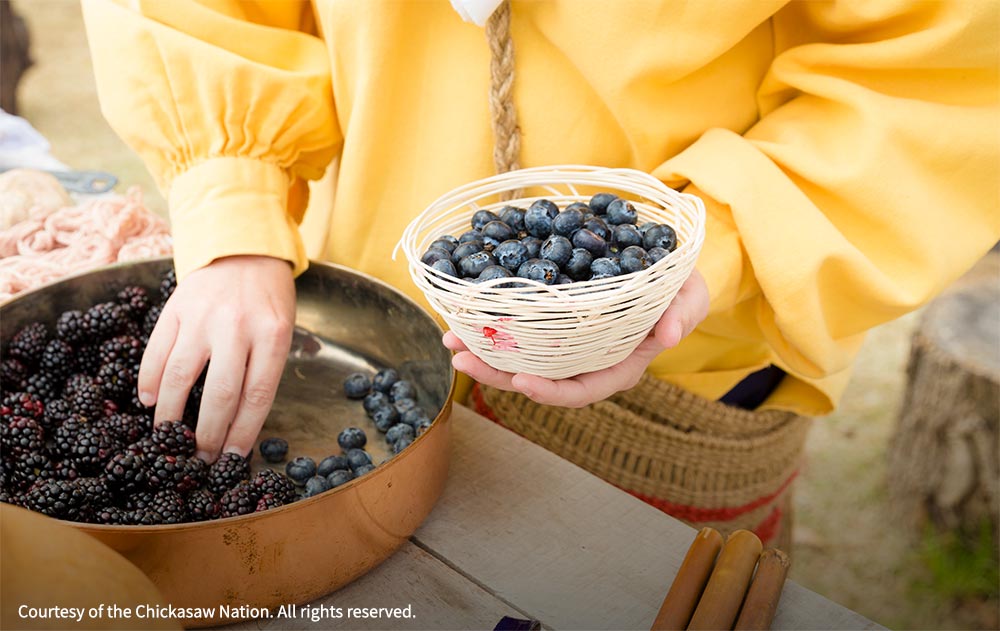MDAH is continuing to fulfill its mission of empowering people through Mississippi’s many stories by collecting artifacts that document today’s unprecedented times in our state’s history. Mississippi, like the nation, is currently in the midst of a global health pandemic, an economic recession, and a new movement for social justice. MDAH archivists and collections staff have taken on a new task to accumulate an assortment of memorabilia that will preserve the stories of this historic time in Mississippi.
“This is really a crucial change in how we look at collecting,” said Shane Keil, MDAH director of curatorial services. “Much of what we traditionally do involves searching for objects that represent an era in the past. Now we’re looking at current events and searching for objects that will represent this period of pandemic and societal change.”
Local industries have transitioned to manufacture vital safety items such as sanitizers, face coverings, and disinfectant cleaners. MDAH has added several of these limited items to its collections to depict adapting to a pandemic in the state.
“In the early stages of the pandemic, we began to identify certain artifacts that we would like to collect such as homemade face masks and COVID-19 closure signs,” said Nan Prince, MDAH director of collections. “The Nissan plant in Canton began making face shields for healthcare workers, and we asked them for one to collect. When alcohol industries such as Cathead Distillery, Rich Grain Distillery, and Lazy Magnolia Brewery began making much-needed hand sanitizer, we reached out to collect samples of those bottles. These items are now on display in our Mississippi Distilled: Prohibition, Piety, and Politics exhibit.”
Mississippi has also seen a societal change in the wake of George Floyd’s death and other police brutality cases in the nation. A new wave of social activism among Mississippians stirred citywide protests and rallies against racial discrimination and on June 30, Governor Tate Reeves signed a historic bill to retire the 1894 state flag that contained the Confederate battle flag. MDAH now has the last state flag that flew over the state capitol and will soon have it on display at the Museum of Mississippi History.
“The material we’ve collected from the ongoing racial equality and social justice movements is really a continuation of the civil rights story told in the Mississippi Civil Rights Museum,” said Keil. “We’ve reached out to contacts in the social justice movement and collected ‘I Can’t Breathe’ face masks as well as various signs from protests at the State Capitol and Governor’s Mansion.”
In response to the COVID-19 pandemic, MDAH has taken a new direction in utilizing digital content and online resources in its operations. Archives and records are available online for public research requests and museums are now featuring digital programming and social media to highlight collections and artifacts in galleries online.
“While we were closed due to the pandemic, we continued communicating via email with potential donors to give their collections to MDAH,” said Laura Heller, MDAH acquisitions and collections coordinator. “We have encouraged donors to communicate more through email and use smart phone pictures to show the artifacts they would like for us to consider accepting into our collections.”
By collecting these artifacts for historical interpretation and preservation, MDAH is preserving the stories of Mississippi during the COVID-19 pandemic for future generations to remember.
“Documenting these experiences during a pandemic brings a multi-layered story that people can use in the years to come,” said Heller. “The record of these times will show how Mississippians pulled together in a time of need.”
 The Mississippi Department of Archives and History (MDAH) has created a new website that prioritizes the repatriation of human remains and cultural items in the department’s archaeological collection. The website will inform the public about the Native American Graves Protection and Repatriation Act (NAGPRA) and serve as a virtual platform for consultation with the department’s federally-recognized Tribal partners.
The Mississippi Department of Archives and History (MDAH) has created a new website that prioritizes the repatriation of human remains and cultural items in the department’s archaeological collection. The website will inform the public about the Native American Graves Protection and Repatriation Act (NAGPRA) and serve as a virtual platform for consultation with the department’s federally-recognized Tribal partners.